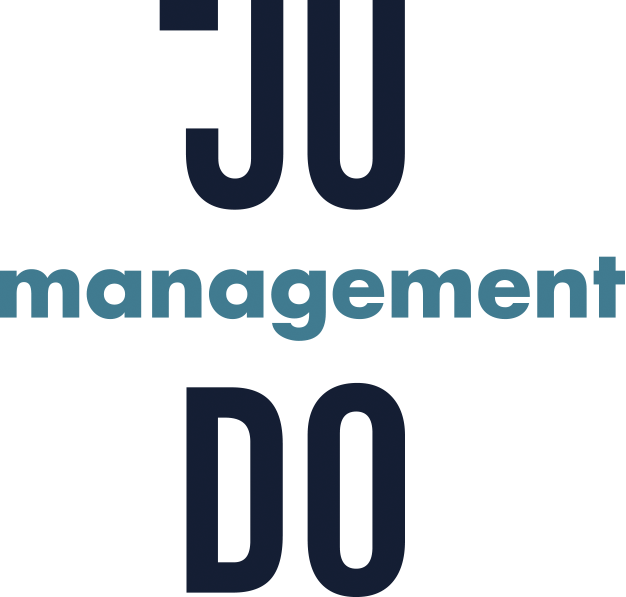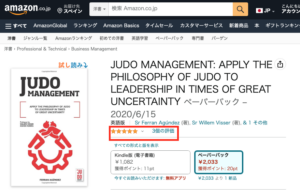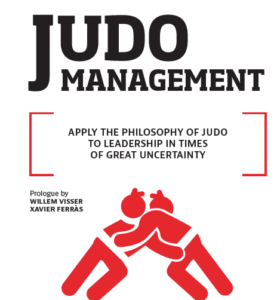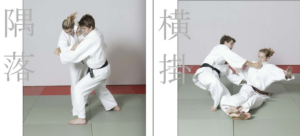Judo consists of many movements and very fast reactions. These aspects demand much of the power of concentration and the function of balance.
In their training and games judoka are fully focused on each other in a game of action and reaction in order to disturb each other’s balance, while keeping one’s own balance. The movements of action and reaction follow each other very quickly, static and dynamic moments alternate too, constantly with the same goal: disturbing the opponent’s balance and keeping one’s own balance.
Besides concentration, the coordinated application of bio-dynamics is of great importance; this makes judo a quick, dynamic and complex form of movement.
The movements in judo must be carried out rapidly in order not to give the opponent the opportunity to give a well-coordinated reaction. At the same time, reactions must be given to the constantly changing stance and movement of the other judoka. This demands a great deal of concentration and coordination as well as the functions of balance.
Judo is a game for two opponents, during which, disturbing balance and keeping balance are the fundamental dimensions.
Because the judoka fully concentrate on its opponent, the clear perception is developed.
If one wants to make results, one must give oneself, one must show oneself, one must distance from oneself, while one’s attention and concentration are with the opponent.
Through judo one achieves a state of balance and control, which can be developed into a moral culture. This is an attitude towards life in which man learns not to fear and in which courage and inner rest are fostered, that reveals itself mainly by immediate adaptation to all circumstances.
The advantages and disadvantages of offensive and defensive actions are experienced and one learns to distinguish offensive and defensive types.
One learns that falling is relative and that the skill of break-falling is not only necessary for safety, but also for the elimination of fear.
Fear plays a very important role in man’s actions. Recognizing fear is an important step towards self-confidence.
One learns that one can get to one’s feet and that one must get to one’s feet.
One learns that everyone can fail and that, again and again one must challenge oneself, if one at least wants to keep taking part.
One learns to push back borders and one becomes aware of equality of the other human being.
The ways of judo, the ritual, are strongly permeated by respect for the other and care for the other, whereby consideration is shown for the smaller or weaker one. Rest and harmony contribute to this.
Judo-training is based upon the above mentioned points of departure and it leads one to take up a less dependent position towards others, to let oneself be seen more, and to become more detached.
One looks at the world more with one’s own eyes, because one is constantly occupied in keeping one’s own balance. Through this, one becomes less conformistic, because one gets to know and to express one’s own qualities.
By practising judo, a situation arises of active resignation, modest, directed, concentrated, compliant and experienced, not led by fear, with great sense of reality, whereby the ability to react adequately in all situations is created: the result of training in offensive and defensive action, keeping balance, winning and losing, succeeding and failing, falling and getting up again, convinced of each other’s equality!
“Judo is the way to the most effective use of physical and mental strength. By practising attacking and defending it develops body and soul and becomes part of being, both in body and spirit. In that way one is able to perfect oneself and valuable to the world. This is the ultimate goal of the discipline of judo. Anyone planning to follow the road of judo should above all engrave this lesson in his heart.”
Professor Jigoro Kano, founding father of Judo
Willem Visser, Executive coach, Strategic Adviser, International Lecturer 8th Dan Judo IJF
With gratitude to all my teachers, specialists, colleagues and especially all the judoka that I was allowed to guide and to coach.
Sources and inspiring professionals:
Van der Horst, Cobben, Abe, Saitoh, Yamashita, Uemura, Sugawara, Murata, Hosokawa, Komata, Takahashi, Nakamura, Kasuga, Kawashima, Kariya, Brousse, Besson, Rougé, Ruska, Geesink, de Cree, Barta, Vachun, Viser, Lascau, McConnell, Snijders, Sins, Hoogendijk, Boersma, Odinot, van Dijk, Klok and many others.







